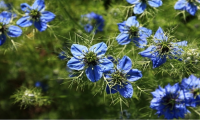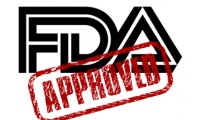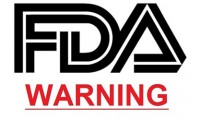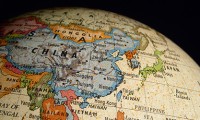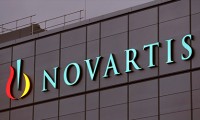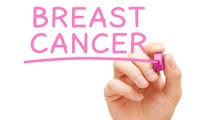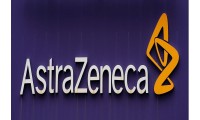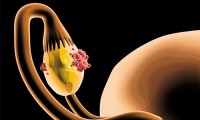-
Natural products and herbal medicines show promise in fight against COVID-19
- Source: drugdu
- 1,340
- November 18, 2020
-
Contraceptive Vaginal Ring; Annovera granted FDA Approval
- Source: MDEdge
- 1,027
- August 13, 2018
-
FDA Warns of Unapproved Vaginal ‘Rejuvenation’ Procedures
- Source: Medpagetoday
- 856
- August 1, 2018
-
PharmaAsia Recap
Recent news regarding pharma companies in Asia
- Source: FiercePharma
- 733
- July 3, 2018
-
Novartis Prepare Case for Earlier Kisqali Use
- Source: Ddu
- 613
- June 4, 2018
-
Indian Medical Devices Market – An Overview
- Source: Ddu
- 1,074
- May 28, 2018
-
NICE sticks with ‘no’ for earlier use of Halaven
- Source: pharmatimes
- 1,831
- February 23, 2018
-
Why AstraZeneca’s New Drug Strategy Seems to be Bearing Fruit
- Source: china-pharmacy
- 489
- February 7, 2018
-
AstraZeneca’s PARP Inhibitor Lynparza Gets Approval in Japan
- Source: finance.yahoo
- 678
- January 26, 2018
-
Pfizer, Arvinas Forge $830M Protein Degradation R&D Deal
- Source: Biospace
- 526
- January 8, 2018
your submission has already been received.
OK
Subscribe
Please enter a valid Email address!
Submit
The most relevant industry news & insight will be sent to you every two weeks.

